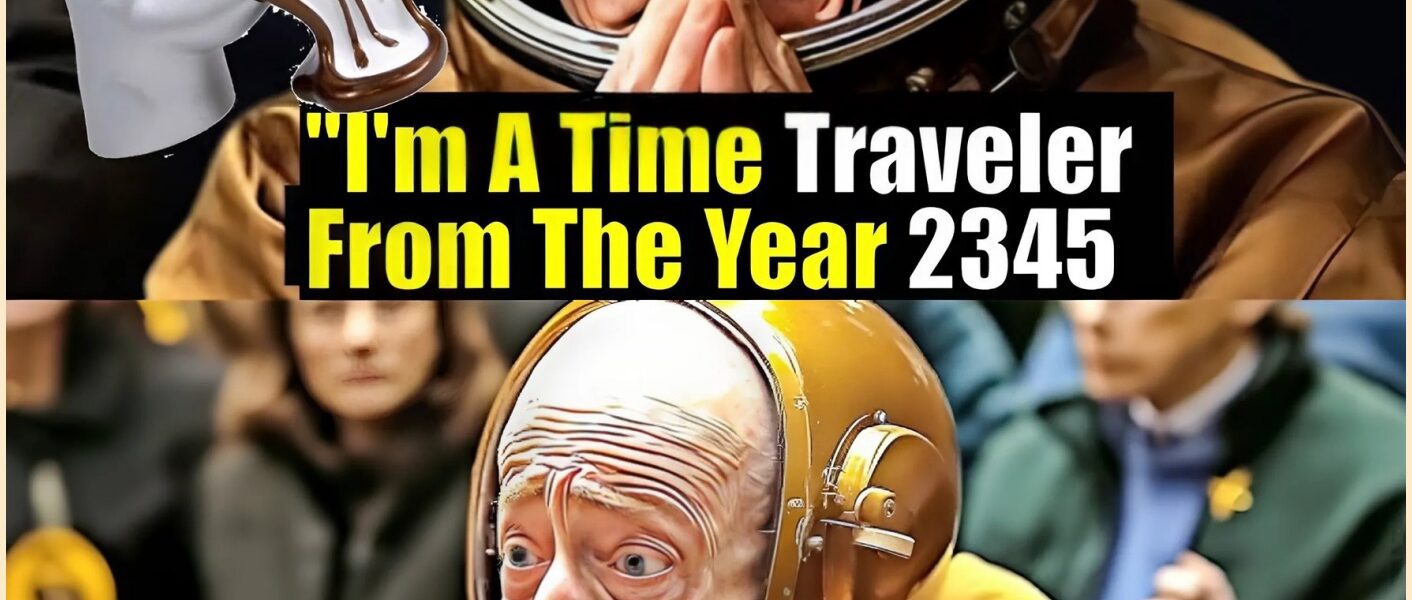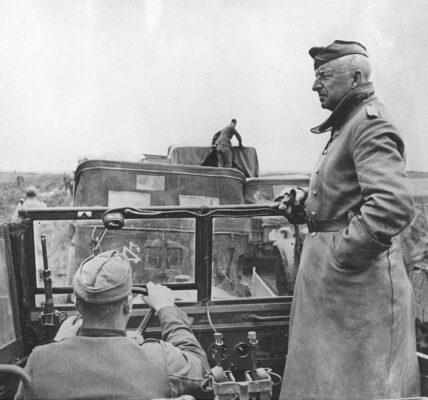The question of the possibility of time travel has been a subject of much debate ever since H.G. Wells published his famous novel, “ The Time Machine .” The story revolves around a Victorian explorer who travels back in time to 802 AD, exploring the concept of time travel. While some believe that time travel could become a reality in the future, others dismiss it as mere science fiction. The late Stephen Hawking raised hopes that humans could one day develop time travel technology. Meanwhile, there are those who claim that time travel experiments have actually occurred, giving rise to numerous theories and speculations.
One of the most interesting stories is that of a scientist named “Al” who claimed to have visited the site in the year 2345 AD and ignored its predictions about the future. His story raises many questions: Can anyone travel through time? Who is this mysterious time traveler? What is the story behind the paradoxes associated with time travel? Let’s delve deeper into Al’s story and his terrifying prophecies about humanity.
Al, born in 1927, was an eccentric child with extraordinary intelligence. He heard the encyclopedia “Walking” thanks to his memory and exceptional comprehension skills. As a young boy, he claimed to have heard a conversation and understood it perfectly. His life was turned upside down after watching the 1984 film “The Philadelphia Experiment,” which portrayed sailors from the USS Eldridge who mysteriously disappeared and were transported through time. After watching the film, he felt a sense of accomplishment and began exploring different treatments for his age, which led to the recovery of previously forgotten memories.
Through these memories, Al learns that his real name is Edward Cameron, born in 1916. He learns that those he thought were his parents were actually state-appointed legal guardians. His biological brother, Dokab, was hidden from him. He claims that he and Dokab participated in the infamous Philadelphia Experiment, which was intended to hide American ships from radar during World War II. According to Al, the trial began in 1931, and he and his brother were witnesses in the 1943 trials for the first time.
It was reported that on July 22, 1943, a major problem occurred during the experiment. The USS Eldridge disappeared, and when it reappeared, all the divers were on board. They then found themselves in 1983, surrounded by guards and helicopters. They were taken to a secret Guard facility, where they met with John F. Newmap, who was 40 years old. He claimed that he and Dokab had traveled back in time and that Eldridge was trapped in a hyperspace bubble, posing a potential existential threat to Earth.
In a desperate attempt to save the ship, Dokab and Cap travel back to it and destroy its equipment, giving him time to recover. He later loses consciousness and wakes up in a hospital, wondering if it was 1943 or 1983. He later claims to have traveled to the year 2137, where he witnesses a future torn apart by brutal war, but ends up returning to a fantasy world. His story begs the question: is this fiction or reality? Most conspiracy theorists believe he is the one lying, while skeptics remain pessimistic.
The concept of time travel isn’t limited to stories and tales. In the world of science, the short answer to the question of whether time travel is possible is yes, but with some important caveats. We all travel through time at a constant rate of one second per second. However, the time travel depicted in popular science fiction novels—where characters hop into a time machine and travel rapidly through different eras—is not entirely possible according to our theory of physics.
While scientists categorically reject the idea of time travel, they do acknowledge the complexities involved. Albert Einstein’s theories of relativity state that time is relative from the perspective of the observer. In terms of time, any celestial body traveling at the speed of light will age more slowly than any other celestial body on Earth. This object was spotted by astronomer Scott Kelly, who spent a year in space and is slightly older than its twin on Earth.
She also explored theoretical concepts such as wormholes and black holes, and their relationship to time travel. Wormholes are hypothetical passages through space-time that can bridge distances between time and space. However, creating a stable wormhole requires negative mass and negative energy, which has not yet been observed in practice.
Despite the possibilities of time travel, it remains a theoretical concept fraught with paradoxes. For example, the “Godfather” paradox raises questions about causality: if a person travels back in time and prevents his grandfather from having children, how could he have existed to travel back in time in the first place? These paradoxes challenge our fixation on free will and the course of time itself.
In conclusion, while the idea of time travel captures our imagination and has been explored in both fiction and science, it remains an elusive concept. The future of time travel is certain, and conclusive evidence has emerged to support its viability. As we explore the mysteries of time, we wonder: could time travelers be among us, or are they just a figment of our collective imagination? Only time will tell.







